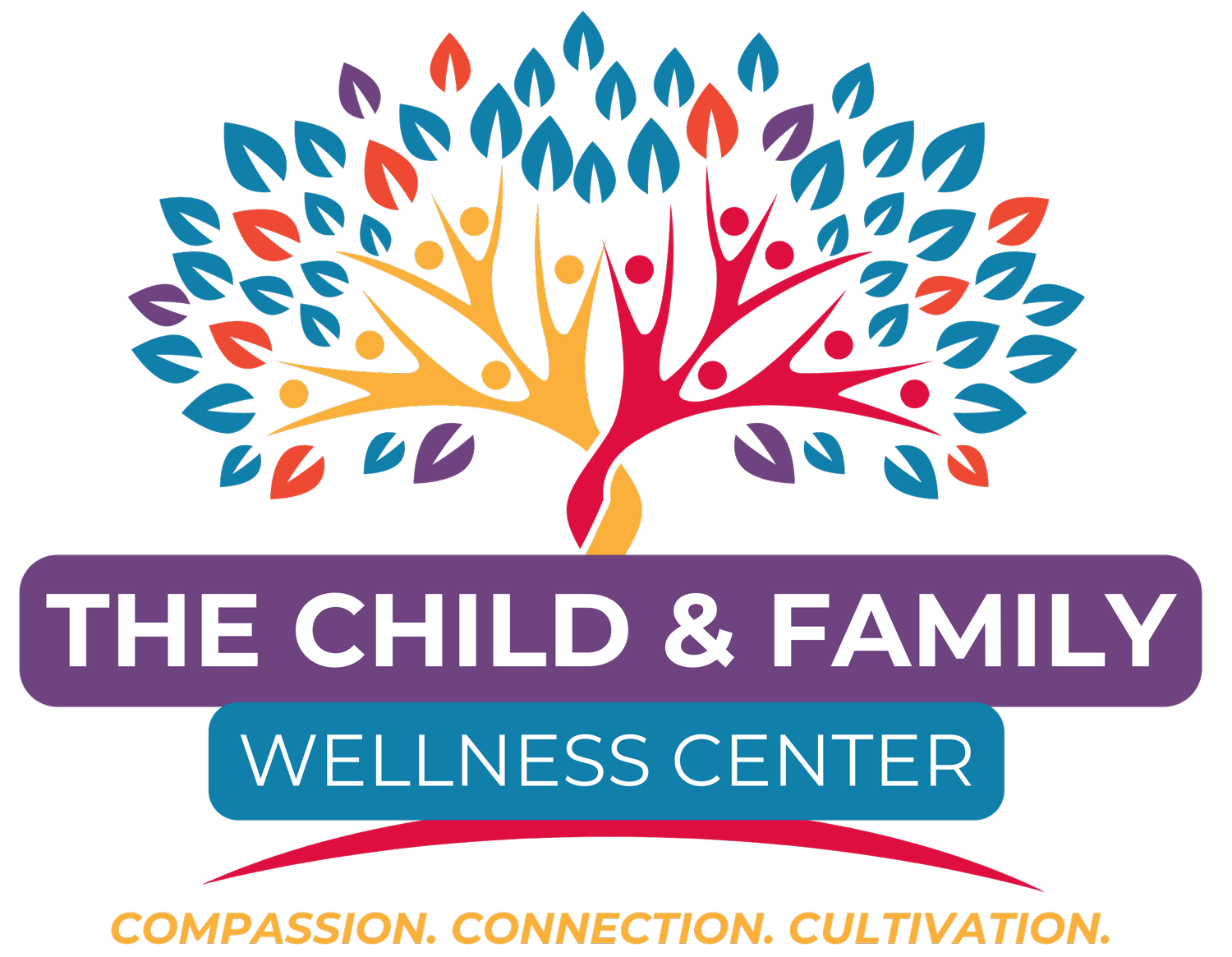Navigating Mental Health Stigma and Conversations
Today, let's embark on a journey to unravel the complexities of mental health stigma in our vibrant communities. We'll break down the barriers, understand the struggles, and then equip ourselves with tips on talking about mental health with our loved ones.
Ready? Let's dive in!
Understanding Stigma
Before starting any conversation, it’s important to understand the stigma behind mental health and how it may impact you and those around you. Let’s take a closer look.
The Weight of Stigma: Mental health stigma can cast a heavy shadow, especially for diverse communities. Shame, fear, and vulnerability often accompany the journey to seek help.
Diverse Stigmas: Stigmas vary across communities. For instance, immigrant and refugee groups may grapple with traditions of privacy, reliance on non-Western medicine, and discomfort with the American healthcare system.
Disparities in Care: Shockingly, only 66% of BIPOC folks have a regular health provider compared to 80% of white adults. These disparities contribute to BIPOC individuals having less access to essential mental health support.
Talking to Your Loved Ones
Here are a few key points to consider when talking to loved ones about mental health.
Overcoming Family Shame: Choosing the path to healing might cause discomfort among family members. It's essential to prioritize yourself in moments where traditionally others come first.
Mindful Communication: Check your motives and speak from the heart when sharing your mental health journey. Healthy communication ensures understanding, and it's okay if people have evolved since you last connected.
Encouraging Open Conversations: Break the silence around mental health within your family and community. Share experiences openly, fostering an environment where mental well-being is a priority.
Breaking through mental health stigma involves understanding the weight it carries and then initiating open conversations. At The Child and Family Wellness Center, we empower our community to embrace mental well-being with empathy, love, and shared understanding. Do you or your families need support? Contact us today!

